Why the Google Pixel Fold will be worth the wait
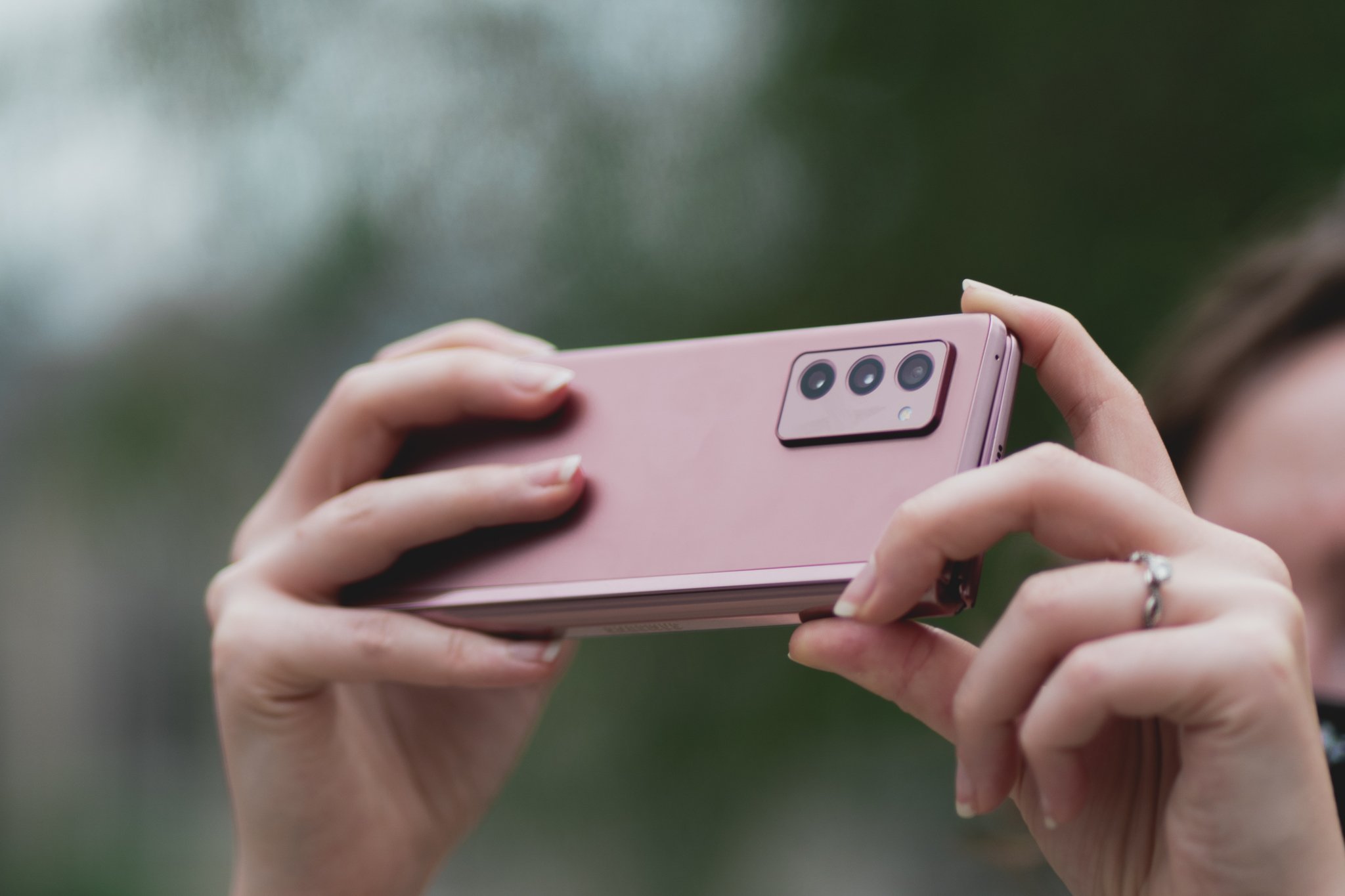
While details of the Google Pixel 6 and Pixel 6 Pro have leaked extensively in recent months, we're still pretty much in the dark when it comes to the most ambitious Pixel phone to date — the rumored Google Pixel Fold.
Compared to the torrent of CAD renders and spec details published for Google's upcoming flat flagships, the foldable remains something of a mystery. Reliable leakers have confirmed that it exists, and we have a Japanese model number to back that up. This past week, we learned that it will use Samsung's ultra-thin glass — not too much of a surprise considering the best foldable phones of this year are expected to use that same tech. But the most interesting Pixel Fold nugget to present itself recently was the news that its 7.6-inch internal display will begin manufacturing in October. Given the usual launch period for new Pixel phones — also in October — there's essentially no chance the Pixel Fold will go on sale at the same time as the Pixel 6 series.
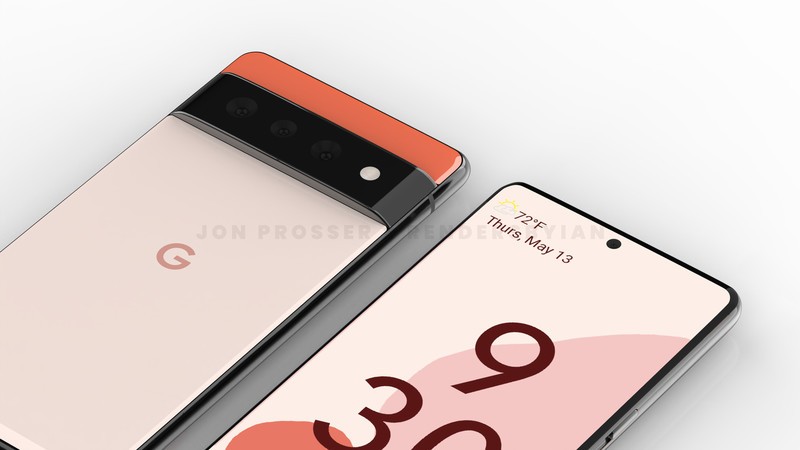
The Pixel Fold is likely to launch later, even if it's announced alongside the Pixel 6.
Or, in other words, if Google talks Pixel Fold at its October launch event, expect the actual device to debut months later — probably towards the very end of 2021.
From talking to our own confidential sources, we're told to expect a more limited rollout of the Pixel Fold compared to the Pixel 6, which would make sense for a much more expensive product with a more challenging manufacturing process. Don't necessarily expect to see the Pixel Fold in your local carrier store alongside the 6 and 6 Pro, for instance.
All of which could put a slight dampener on enthusiasm for what will be the most ambitious phone Google has ever produced.
All the information we have about the Pixel 6 series gives us clues about what to expect from the Fold in terms of raw horsepower. With the Pixel 6 Pro being the most high-end Pixel in years, its premium specs will likely carry over to Google's foldable. That means the same GS101 "Whitechapel" chipset from the Pixel 6 should power the Fold as well, given the engineering advantages of keeping the same platform across the entire 2021 Pixel portfolio. (The alternate theory that Google might try to make a cheaper foldable to undercut the likes of Samsung is unlikely given the expected $1000 price tag of the Pixel 6 Pro.)
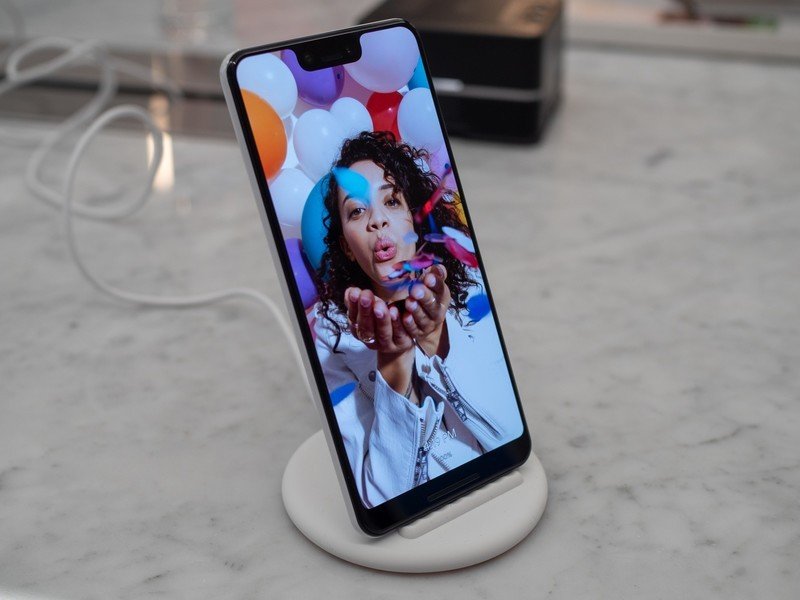
Future foldable to enable a fan-favorite photo feature?
Equally, it's probably reasonable to expect a Pixel 6 Pro-class camera in the Fold. The Fold is already an expensive piece of kit, and there would be engineering advantages to keeping the same set of modules from Google's top-tier flat phone.
Be an expert in 5 minutes
Get the latest news from Android Central, your trusted companion in the world of Android
A foldable phone, of course, presents some unique photographic opportunities compared to a flat handset. And these could see the return of one of the Pixel series' most beloved features from years past. In selfie mode, the ability to frame a shot on the Pixel Fold's outer display with the device opened out could allow the phone to emerge as a top-notch selfie-taker. Google's HDR+ processing combined with a flagship-class ultrawide camera that you can rotate around to take selfies with would bring back a personal favorite feature from the Pixel 3 series.
Sure, we've seen other manufacturers like Samsung and Huawei create unique selfie experiences on foldables before. And ASUS has even translated that idea into a flat phone with its Zenfone series. But given the image processing chops of Google and the expected camera specs of its next-generation Pixels, there's good reason to be optimistic about the company's foldable phone cameras.
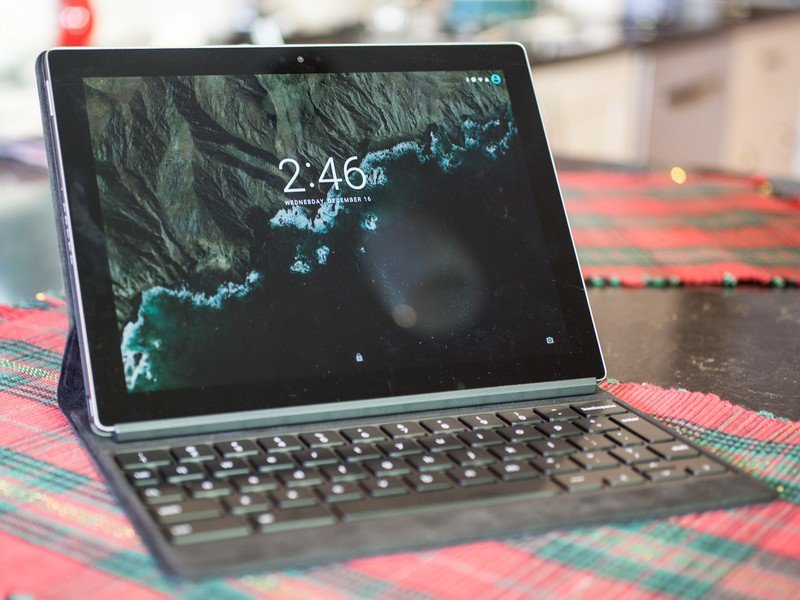
The first Google Android 'tablet' in six years.
The Pixel Fold is also notable for being the first Google-branded Android tablet in very long time. Sure, this device is a phone as well. But it's the first time in over half a decade we'll have seen Google's vision for how Android should look and work on a tablet-sized display. The last such product was the ill-fated Pixel C tablet, which will be six years old when the Pixel Fold arrives. That's an eternity in smartphone years, and Android has changed immeasurably in the intervening years.
Android's support for folding phones has been a long time coming — the platform first started adding foldable-specific features in 2018's Android 9 Pie release, supporting early foldables from Samsung. And senior Google engineers like Android Engineering VP Dave Burke have been publicly bullish on the prospects for the form factor.
Android admittedly doesn't have the best reputation when it comes to transitioning to new device categories. Android tablets were steamrolled by the iPad following the rushed launch of the tablet-specific Android 3.0 Honeycomb. And Wear OS, née Android Wear, is about to be turned into something that's not even Android anymore, thanks to the new partnership with Samsung for the next-generation Wear OS.
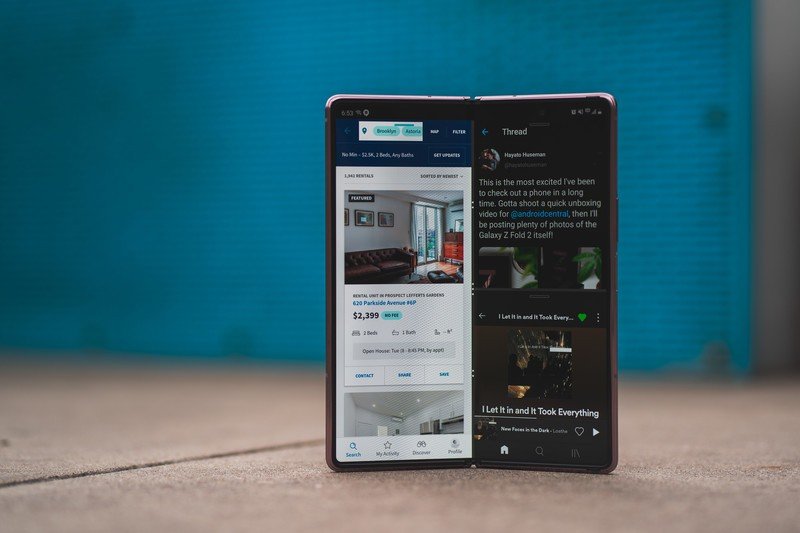
But unlike tablets, Android's foldable support has been in the works for years, and is built on a far more solid foundation than the earliest tablet-specific Android versions. And unlike wearables, it'll scale Android up to a larger device instead of trying to shoehorn it onto significantly less powerful hardware.
What's more, the Pixel Fold will arrive at a time when Google's taking a more vertically integrated approach than ever before to its hardware, and when Samsung has already had a couple of release cycles to figure out the early hardware and software kinks in the foldables space. Android itself is also a more mature platform, and Google a more competent hardware company than ten years ago when the first Android tablets emerged.
Like most foldables, the Pixel Fold is likely to be a halo device — something to attract the attention of consumers who'll then go off and buy the more affordable Pixel 6 or 6 Pro. But for enthusiasts, it just might be the crown jewel of Google's 2021 lineup. Google has had the time and has the know-how to make a great Android foldable experience, and I'm quietly confident that's exactly what we'll see when the Pixel Fold lands towards the end of the year.

Alex was with Android Central for over a decade, producing written and video content for the site, and served as global Executive Editor from 2016 to 2022.
